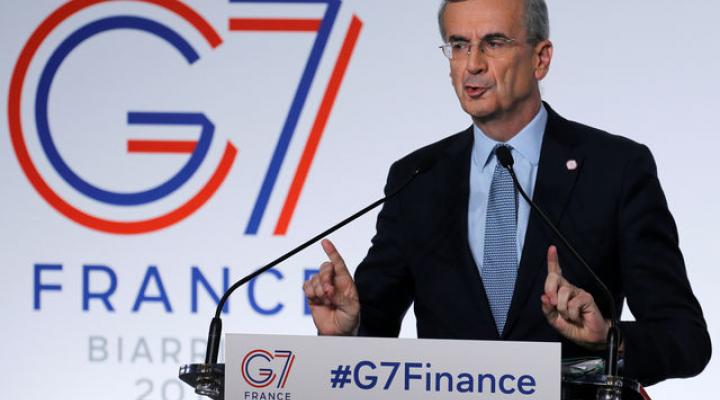Central banks worldwide are looking into the possibility of issuing digital money to prevent the loss of state control over money.
Digital currency could be useful as cash transactions dwindle in some countries but central banks should be in charge of issuing it, not private companies, Bank of France Governor Francois Villeroy de Galhau said on Saturday.
Spurred by the rise of cryptocurrencies and Facebook’s plans to launch its Libra currency, central banks worldwide are looking into the possibility of issuing digital money to prevent the loss of state control over money.
Villeroy said the proposals were not a reaction to Facebook’s plan, responding instead to fast-evolving technology and some banks’ need for digital currency. He added that private citizens could also start wanting an alternative to cash.
“In some northern European countries, notably Sweden and the Netherlands, the use of bank notes is falling extremely quickly and they are wondering whether we need to give citizens the right to digital money that is no longer a physical bank note but which has the same quality, notably the security of a central bank,” he told France Inter radio.
Asked whether such digital money could be issued by private companies, Villeroy said “currency cannot be private, money is a public good of sovereignty”.
He added that central banks were planning experiments with digital money and that the issue would be studied by the Eurosystem euro zone central banks.













![Hotstar Premium Cookies 2019 [*100% Working & Daily Updated*] Hotstar Premium Cookies 2019 [*100% Working & Daily Updated*]](https://tahav.com/wp-content/uploads/2019/11/Hotstar-Premium-Cookies-Free-100x70.jpg)



